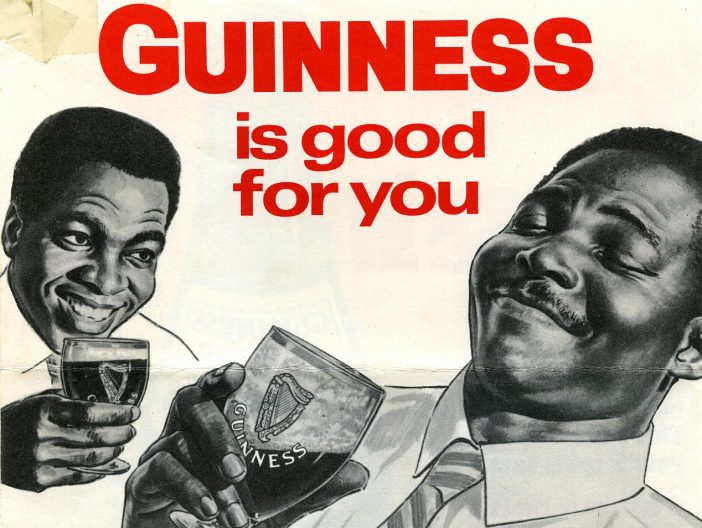RESEARCHERS at St. Georges, University of London, find one in six parents gives their children alcohol by the age of 14.
When asking 14-year-olds themselves whether they had ever tried more than a few sips of alcohol, the survey found almost half saying yes, while 14% of 11-year-olds had also done so.
The news comes as a particular wake up call to ‘UK capitals of alcohol,’ Salford and Manchester.
A local social worker said: “It’s quite a normalised behaviour for quite a lot of young people and teenagers.
“They don’t understand the effects of it and we try to educate them on that, but we do come across it quite a lot.
“It can affect both adults and children’s mood quite heavily if they drink excessively, so that can impact how you’re getting on in the world, making friends, job, school etc.
“If you’re feeling low in your mood it can make it worse. It affects your physical health, it affects your sleep, and if it’s misuse it can affect your routine.
“Teenagers can even find themselves in vulnerable situations which should be avoided at all costs.”
If you think you're over indulging this #Christmas why not sign up to #DryJanuary and support @actnforchildren. You can help us help children affected by alcohol misuse. pic.twitter.com/SewkpuUBLk
— Byte Night (@ByteNight) December 8, 2017
According to NHS figures released last year, Salford and Manchester were named in the top 3 places in the UK for people assisted by prescription medication to quit alcohol.
Numbers of prescriptions across the UK have been rising over the last decade, reaching double that which it was ten years ago.
A social worker said: “For people who already have an alcohol problem and have stopped drinking or cut down, this time of year is a bit of a trigger point because it’s linked, especially in the UK, with drinking excessively at Christmas.
“Because it’s quite normal for people to do, they’re not going to feel as guilty for doing that because everyone’s doing it.

“For children, if you’re watching what your parents are doing and they’re getting intoxicated to an excessive degree and they’re watching it as their norm, they might pick up those behaviours themselves.”
To find help for alcohol habits or to gain further information, you can contact your local GP or visit Drinkaware.















Recent Comments